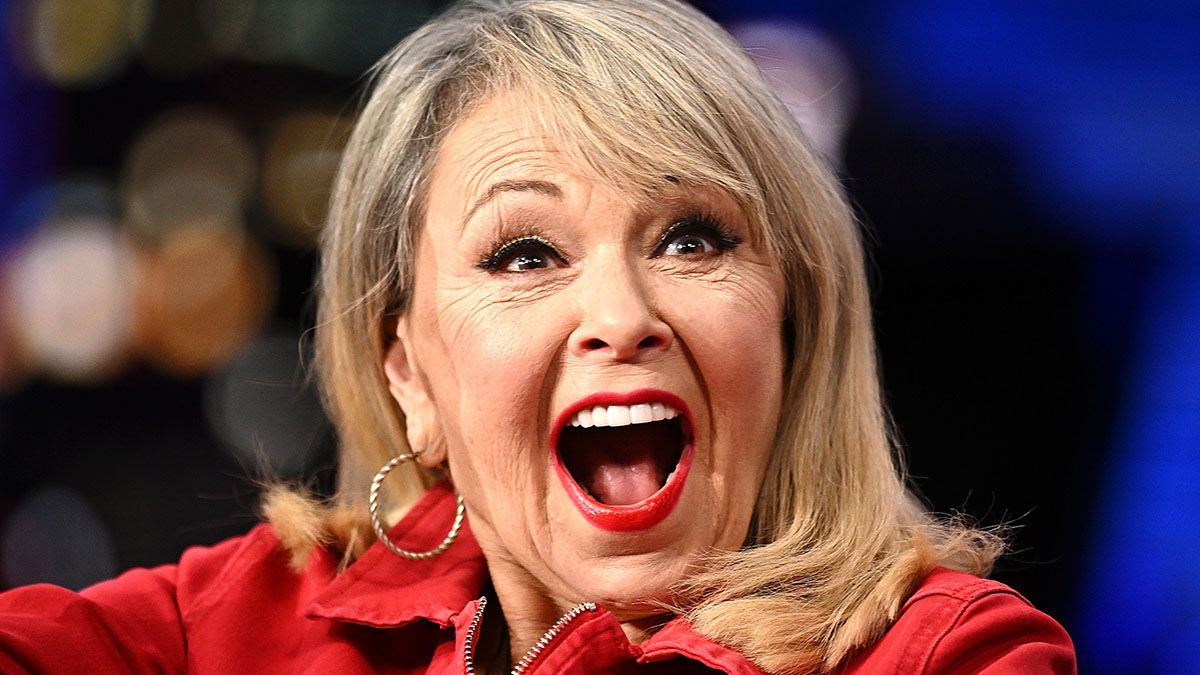
Roseanne has always been a show that resonated with audiences, and that resonance has only grown over time. While many TV shows from the 80s and 90s have faded into obscurity, Roseanne has managed to remain relevant and beloved by fans old and new. But why is this?
First, let’s talk about the family dynamic. At its core, Roseanne is about a family – the Conners – who aren’t perfect, but they love each other fiercely. The family unit is a cornerstone of many classic sitcoms, but Roseanne was unique in showing what happens when the “perfect” family isn’t so perfect. The Conners struggled financially, emotionally, and socially, but they always stuck together through thick and thin. This relatability factor is part of what makes the show stand out.
What also makes Roseanne timeless is its willingness to tackle difficult subjects, many of which are still relevant today. The show’s exploration of mental health, addiction, and financial insecurity were groundbreaking at the time, and those themes are still at the forefront of modern society. It’s no wonder that Roseanne continues to be a cultural touchstone, even in the era of streaming and high-budget dramas.
The modern family landscape in TV has evolved, but Roseanne was ahead of its time. While many other shows depicted idealized versions of family life, Roseanne showed what it was really like to live in a working-class family in America. It was raw, funny, and unapologetic. The characters felt real, and they dealt with real-life issues that everyone could relate to.
Beyond the family dynamic, Roseanne also tackled issues of gender, class, and sexuality, subjects that are still relevant in today’s media landscape. For instance, the show’s treatment of Becky’s decision to leave for college and how Roseanne responded reflected the changing roles of women in the workforce. It was an empowering message that resonated with many young viewers, particularly women.
Today, shows like This Is Us, The Middle, and Superstore owe a great deal to Roseanne for paving the way. These shows continue the tradition of honest, relatable portrayals of family life, something that Roseanne did better than anyone else at the time.
